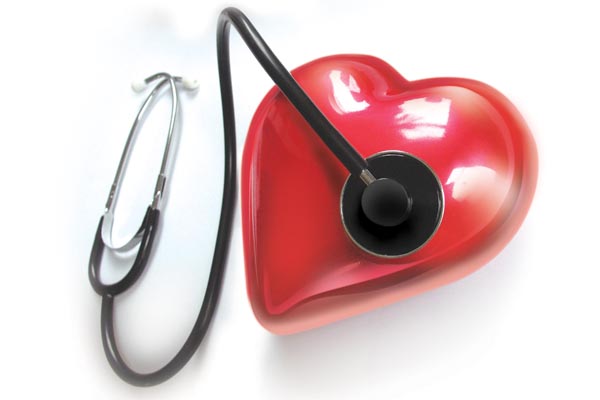Slightly Elevated Blood Pressure May Increase Stroke Risk

People with modestly elevated blood pressure that still falls within the normal range have an increased risk of stroke, according to a new study.
Having a systolic blood pressure (the "top" blood pressure number) between 120 and 139, which researchers call prehypertension, increased a person's risk of experiencing a stroke by 55 percent, compared with that of people without prehypertension, researchers found. An estimated one-third of U.S. adults have prehypertension.
Doctors have long known that people with hypertension (systolic blood pressure above 140) are in danger of developing a range of issues, such as heart failure, cardiovascular disease and stroke, but until now they knew little about the health risks posed by prehyptertension, the researchers said. [Can Herbs and Supplements Treat Hypertension? ]
The new study is "groundbreaking," Dr. Thomas Hemmen, a neurologist and director of the University of California, San Diego Stroke Program, said in a statement. Hemmen was not involved in the study.
Blood pressure and stroke
Experts believed that the risk of death and disease increases as blood pressure rises, but evidence showing that this risk starts within the normal blood pressure range was inconclusive, said Dr. Bruce Ovbiagele, a neuroscientist at the UC San Diego School of Medicine and lead author of the study.
Ovbiagele and colleagues reviewed 12 previous studies of prehypertension including more than 518,000 participants; four of these were conducted in the U.S., five in Japan, two in China and one in India. The studies' follow-up lengths ranged from 2.7 years to 32 years.
Sign up for the Live Science daily newsletter now
Get the world’s most fascinating discoveries delivered straight to your inbox.
The researchers found that the people who had prehypertension which ranged from 25 to 46 percent of the participants in the studies had an overall 55 percent higher risk of experiencing a stroke than those without prehypertension, even when researchers took into account factors such as sex and race, which can also affect stroke risk.
The risk jumped to 79 percent for those whose blood pressure levels fell in the high end of the normal spectrum, the researcher said.
Treating high blood pressure
It might make sense that taking drugs that reduce your blood pressure would be an effective method for preventing future strokes, but there's little scientific data to prove this idea. There just haven't been any large studies, Hemmen said.
While drug treatments are still questionable, the doctors said they hope that the study encourages people with prehypertension to change unhealthy behaviors.
"Young and middle-aged persons should check their blood pressure regularly, Ovbiagele said. If they do fall into the higher range of prehypertension, they should take specific steps to modify their lifestyle, such as reducing salt intake and maintaining a normal weight.Pass it on: Even if your blood pressure is only slightly elevated, you still may be at a higher risk for future strokes.










